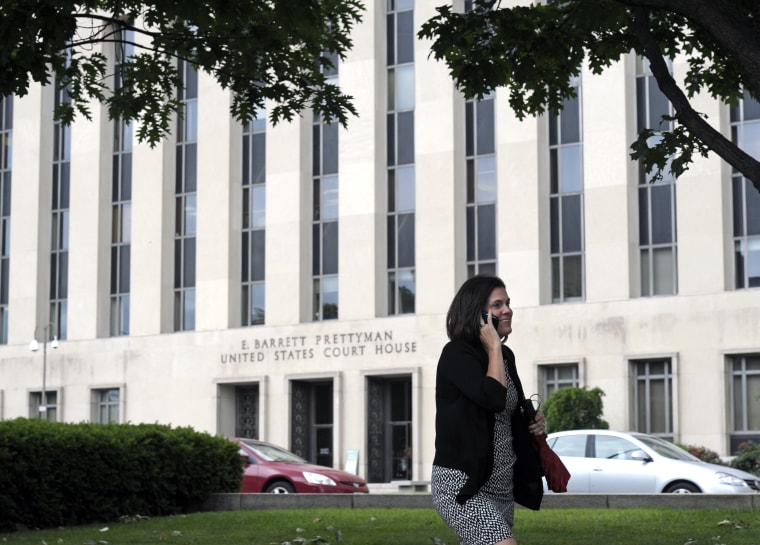In another turn in the debate over NSA surveillance, the Foreign Intelligence Court is facing new calls to release its secret opinions on phone data searches under the Patriot Act.
Lawyers for the ACLU and a media program at Yale Law School filed a motion Monday asking the FISA court to release its rulings on an expansive portion of the Patriot Act, Section 215, which is the basis for the NSA’s review of millions of Verizon phone lines, first reported by The Guardian last week.
Lawyers for the ACLU say the motion is a key tactic to compel the government to explain the legal authority for its surveillance authority, rather than operating under “secret law.” ACLU deputy legal director Jameel Jaffer said “there should be no room for secret law,” arguing that there is a public right to evaluate the scope of the program, if not its operational details.
The motion argues that release of the opinions is now appropriate because “President Obama and members of the congressional intelligence committees have publicly discussed the program and expressly invited a public debate about the legitimacy of the government’s surveillance activities.”
The Supreme Court has never ruled on the merits of the expanded surveillance powers Congress authorized in the FISA Amendments Act, though this year it rejected a related case on standing grounds, determining that plaintiffs could not prove they were victims of surveillance under the law.
Alexander Abdo, another ACLU attorney involved in today’s motion, said that the combination of that precedent and the program’s secrecy has effectively shut down meaningful public debate.“The government appears to have secretly given itself shockingly broad surveillance powers,” he said, “thereby depriving the public of the chance to weigh in on the wisdom of an unprecedented invasion of privacy.”
The motion was filed with the Foreign Intelligence Surveillance Court in Washington on Monday afternoon. The court could decide to publish selected opinions, or redacted versions, or decline the request.
